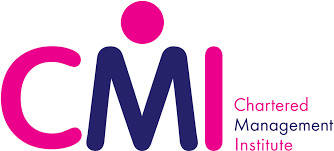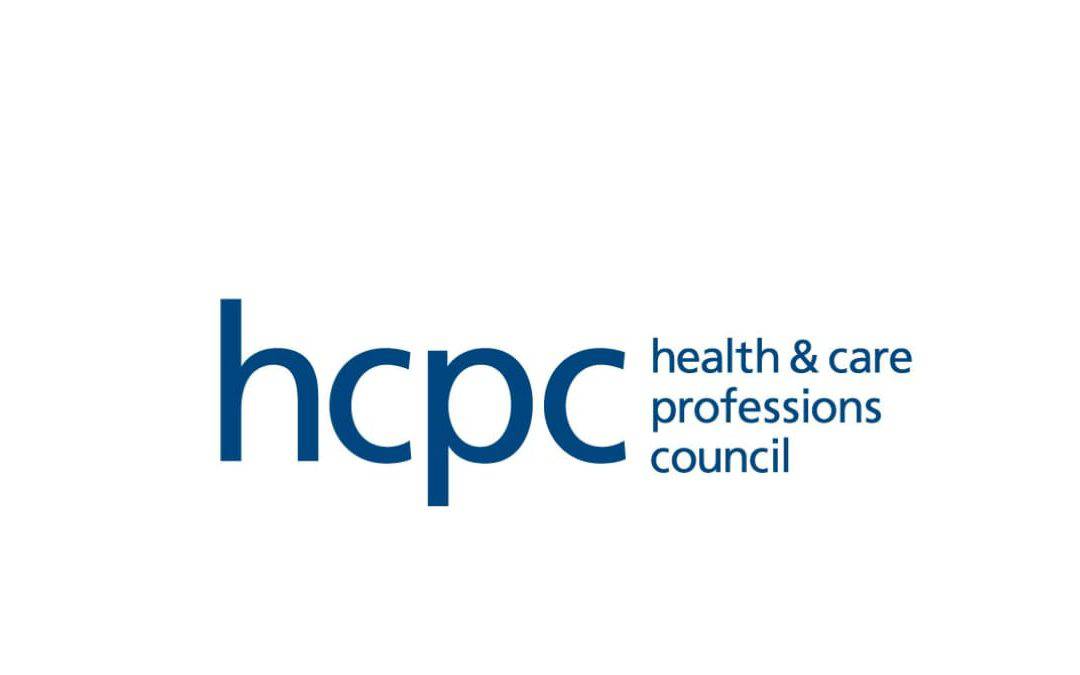Top 20 in the UK
for Occupational Therapy
Complete University Guide Subject League Table 2025
Our Occupational Therapy course will enable you to become a qualified occupational therapist who is able to help create solutions to everyday problems experienced by the people or communities who access your services. Once you have successfully completed the course you will be eligible to apply for registration as an occupational therapist with the Health and Care Professions Council (HCPC).
You will work with people and communities to enable them to carry out everyday activities (getting dressed, working, shopping, studying, playing sport). We will support you to become a confident, compassionate practitioner who can adapt to the changing world we live in and contemplate working in new emerging occupational therapy roles.
At CCCU we challenge the traditional boundaries of occupational therapy practice; we provide you with the knowledge, understanding, and tools you will need to promote occupational justice for individuals and communities.
We have a state of the art simulation suite that will provide you with many opportunities to practice your clinical skills throughout your course. These sessions will prepare you for your practice placements and future employment. On your practice placements you will be supervised by occupational therapists in a range of health and social care environments.
The Foundation Year prepares you for further studies in health and social care. It provides a supportive environment where you can grow in confidence and develop the knowledge and academic skills that you need to study at undergraduate level.


Top 20 in the UK
for Occupational Therapy
Complete University Guide Subject League Table 2025
Qualification type |
Grades |
|
A Levels |
DDE |
|
BTEC |
MPP |
|
Access |
Pass 45 Credits |
|
International Baccalaureate |
TBC |
|
Combinations |
A combination of qualifications totalling 64 UCAS points minimum |
Offers of a place can only be made after a successful interview, and are subject to a satisfactory reference, health clearance and Disclosure and Barring Service (DBS) check. Health clearance will include vaccinations for NHS placements, and evidence of vaccination status may be required by placement providers or the university.
Find out more information about entry requirements.
If you have any questions about entry requirements for this course, please contact our Course Enquiry Team.
Find more information on the IELTS (International English Language Testing System) requirements on our website.
Depending which country you're from, there may be specific entry requirements. Check your country to see if this is applicable to you.
You will learn through a blended teaching approach: a combination of online keynote lectures and face to face discussion based seminars, group work and practical workshops. Most teaching sessions will be recorded for you to be able to revisit and consolidate your learning in your own time.
For each module you'll have 50 hours of either face-to-face teaching or directed study where you'll complete work in preparation for discussion in the classroom. This allows you to work at your own pace and for us to explore and discuss topics in detail whilst improving the quality of the time spent we spend together.
You will be allocated a personal academic tutor who you'll meet during the first week of your course. You'll then have regular timetabled contact and additional tutorials throughout the course. You will be supported to explore your existing skills and experience using written narrative and reflection. This will help to identify your development needs and build an action plan.
To help you settle into University life, we have established a peer mentoring scheme to give you any support you may need in your first year at University.
We are passionate about enabling you to recognise and use the power of occupation to transform lives as a confident, competent and compassionate practitioner.Kelly WilkinsonCourse Director, Occupational Therapy
A variety of modes and methods of assessment have been chosen to fit the varied module learning outcomes, module content and students’ differing learning styles. Within the occupational therapy course these include:
Upon successful completion of the degree you will be eligible to apply for registration as an occupational therapist in the United Kingdom with the Health and Care Professions Council, our regulatory body. The experience you gain on our course will help to ensure that you are fit for practice in evolving and dynamic health care services within the public, charitable or private sectors.
You can choose to work locally, nationally or, as a graduate from a degree approved by the World Federation of Occupational Therapists, you will also be able to apply to work internationally. During your career you may want to take on more responsibility such as supporting students on placement, becoming a team leader, private practitioner or setting up your own business. You can continue to develop knowledge and practice through undertaking a Masters degree in a more specialised or advanced area of practice, undertake research as a clinical academic or through a PhD scholarship or move into management or academia.
The vast majority of our students seek and successfully gain employment in traditional health and care services. However, increasingly our students are demonstrating a broader career path. In recent years we have seen our Graduates pursue PhD level study, embark on the NHS Graduate Management Training Scheme, and internships at the Royal College of Occupational Therapists. The knowledge, skills and understanding you gain by completing our BSc (Hons) Occupational Therapy programme are transferable into many contexts and therefore enable you to pursue a career that you find personally and professionally fulfilling.
The 2025/26 annual tuition fees for this course are:
| UK | Overseas | |
|---|---|---|
| Full-time - Foundation Year 0 | £9,535 | £15,500 |
| Full-time - years 1-3 | £9,535 | £15,500 |
Tuition fees for all courses are payable on an annual basis, except where stated.
The tuition fees relate to 2025/26 only. Please read the 2025/26 Tuition Fee Statement for further information regarding tuition fees and year on year fee increases.
Home (UK) Fees
Home (UK) tuition fees for Foundation Years at Canterbury Christ Church University will be set in line with the maximum tuition fee cap for foundation years in classroom-based subjects or non-classroom based subjects, as set by the UK Government.
Home (UK) tuition fees for subsequent years 1-3 are currently set in line with the maximum tuition fee cap for standard undergraduate degrees set by the UK Government.
The Government has announced that it will increase the tuition fee cap by 3.1%, in line with inflation, for the 2025/26 academic cycle. Subject to parliamentary approval, the University intends to increase our tuition fees in line with this and as per our terms and conditions. This means that from September 2025 onwards, our undergraduate home tuition fees for subsequent years of study are expected to be £9,535.
Overseas/International Fees
Undergraduate / PGCE tuition fees for international students are not set by the UK Government.
We work closely and collaboratively with most of the major acute, community and mental health NHS Trusts and local authority Social Services in Kent and Medway and a number of Trusts and local authorities in Surrey, Sussex and parts of London. We also work with a range of other private, voluntary and not for profit service providers in these geographical locations.
The degree is currently approved by the Health and Care Professions Council (HCPC), accredited by the Royal College of Occupational Therapists (RCOT) and approved by the World Federation of Occupational Therapists.
To be eligible to apply for registration with the Health and Care Professions Council you must demonstrate good health and good character throughout your studies. You will be required annually to sign a 'declaration of ongoing fitness to practise'.
The Faculty of Health and Wellbeing has a Fitness to Practise policy and procedures which may be instigated should you demonstrate behaviour or conduct that falls short of that expected by the University, the HCPC and RCOT.
On completion of the programme and in preparation for your registration, the Programme Director must be satisfied that you meet the HCPC fitness to practise criteria. You will also need to declare you are of good character and health.
The Office for Students (OfS) regulates Canterbury Christ Church University. The OfS is the independent regulator of higher education in England. It aims to ensure that every student, whatever their background, has a fulfilling experience of higher education that enriches their lives and careers. Further details about its work are available on the OfS website.
Duration:
4 yearsUCAS code:
B921Location(s):
CanterburySign up to hear the latest from the University, including upcoming events, useful updates, student life and more!